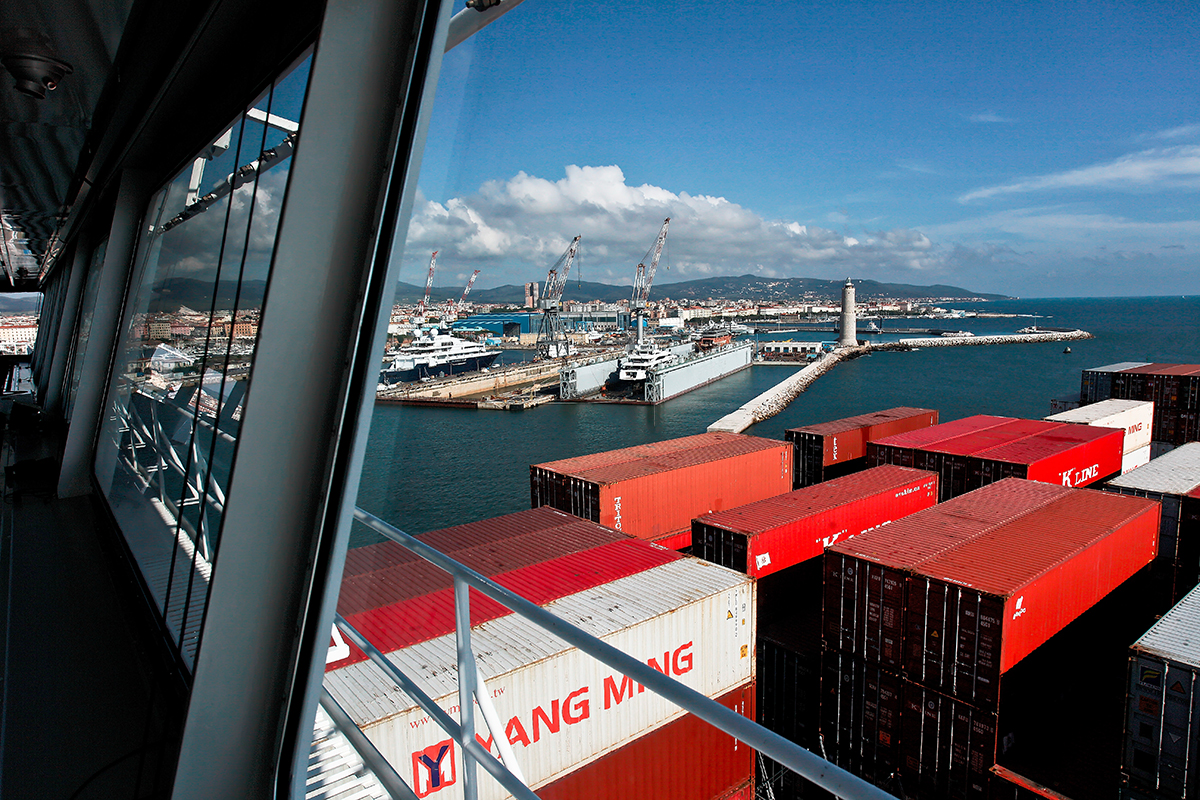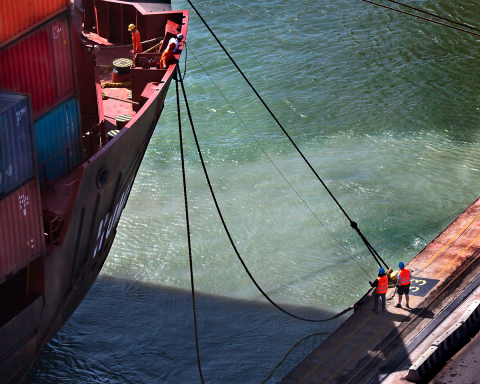“Streamlining and standardizing control activities, simplifying life for businesses and the administration itself and thus attracting new traffic to ports: digitalization allows you to do all this”, financial services expert Inga Beale has no doubt about it: “Internet of Things, Blockchain and Artificial Intelligence are the new game changers of ports”.
The former Managing Director of Lloyd’s of London is convinced: “Advanced technology will revolutionize the way we do logistics, enabling us to reduce waiting times and cargo handling, and promote more efficient use of port terminals, including through the development of intermodality.”
Not only that: “Digital services will help to increase the level of safety in ports, allowing those who have to monitor in real time and in a constant way the state of wear and tear of the port infrastructure and equipment, thus ensuring that maintenance work is done in a timely and efficient manner.”
Port Authorities can play a strategic role in this sense: “Digitalization directly affects port nodes, deeply conditioning public infrastructure choices and private investments. Port Authorities are now called upon to take full advantage of the potential offered by 4.0 logistics. The objectives to be achieved are many and no longer attributable to the traditional role that these authorities had until a few years ago.”
From a simple landlord to a natural ‘test bed’ for the management of a world that is not only physical but also computerized and informative: This is how Port Authorities are evolving today: “These Bodies can help transform the ports they govern into digital hubs within which innovation processes and services can be activated that involve not only ship-shore operations (loading, unloading of goods), but also the city-port system (services to cruise passengers and tourists) and communication (data sharing)”.
But, beware, the use of digital technology also poses risks that must be addressed: “Cyber crime is no longer just a criminal practice related to the use of the Internet but has become a real economy: according to Forbes, by 2021 digital crime will cost us 6 trillion dollars a year.”
This figure exceeds the damage caused by global drug trafficking. “The truth is, the more connected you are, the more vulnerable you are. Cyber attacks on people and businesses have more than doubled in the last five years and affect intangible assets and immaterial goods, such as company reputation, customer loyalty, or intellectual property.”
The rate of increase in digital crime shows the achievement of a high degree of automation and sophistication achieved in the digital era: “We live in an age in which the person is himself a product to discover: age, tastes and political beliefs, hobbies and other types of interests. Everything is attractive and marketable for app providers and social platforms.”
The use of new technologies raises a relevant ethical question: “Digital intermediaries, like social networking managers, must behave in a virtuous manner, where possible, balancing the right to free expression of thought with the right to the protection of privacy and individual reputation”.
Inga Dale also calls into question the European Union and its member countries, which must set themselves the most pressing objective of protecting the cyber market from the potential negative extremities represented by cyber threats: “We need a comprehensive and shared strategy on cybersecurity. The EU must clearly define the framework for action within which to develop a harmonized and reliable environment for communications not only between citizens but also between port operators and supply chain actors.”




